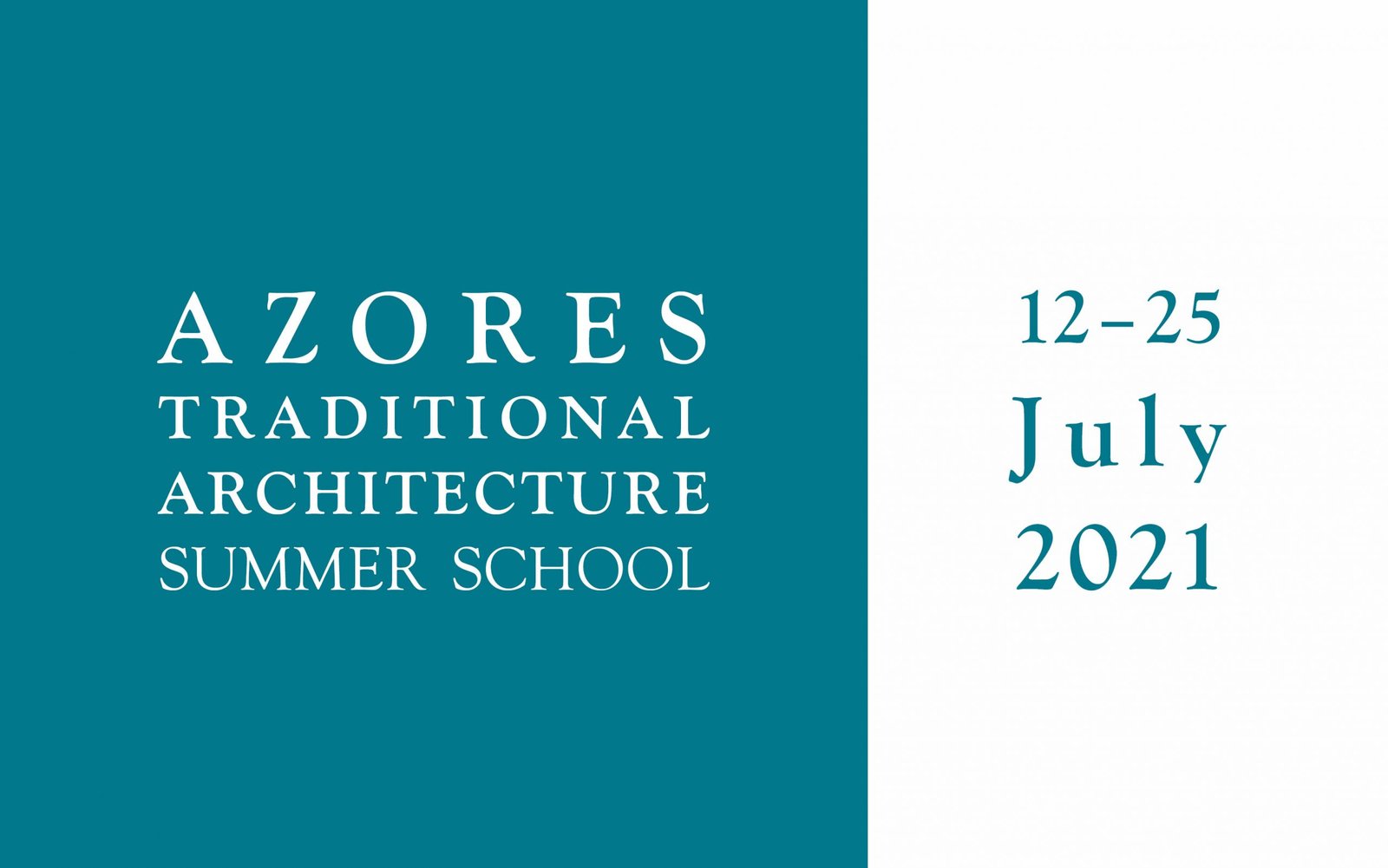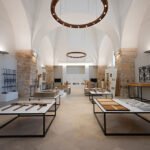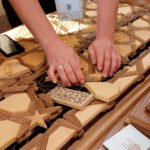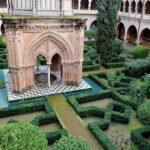
The Azores Traditional Architecture Summer School will therefore take place from July 12th to 25th, 2021, keeping the same program and the same faculty and guests.
It is organized by INTBAU and the Rafael Manzano Prize of New Traditional Architecture, thanks to the support of the Richard H. Driehaus Charitable Lead Trust (through a contribution to the Chicago Community Foundation for the Richard H. Driehaus Charitable Fund), the Fundación EKABA, the Fundação Serra Henriques and Alireza & Mina Sagharchi, and the collaboration of the Government of Azores and its Department of Culture, the Lajes do Pico City Council, Cham Açores, the Escola Superior Gallaecia and the Instituto Universitário de Lisboa ISCTE-IUL (Portugal), the schools of architecture of the Benedictine College, the University of Miami and the University of Notre Dame (USA), the Universidad Politécnica de Madrid and the Universidad Alfonso X el Sabio (Spain) and the Centro de Investigación de Arquitectura Tradicional (CIAT).








